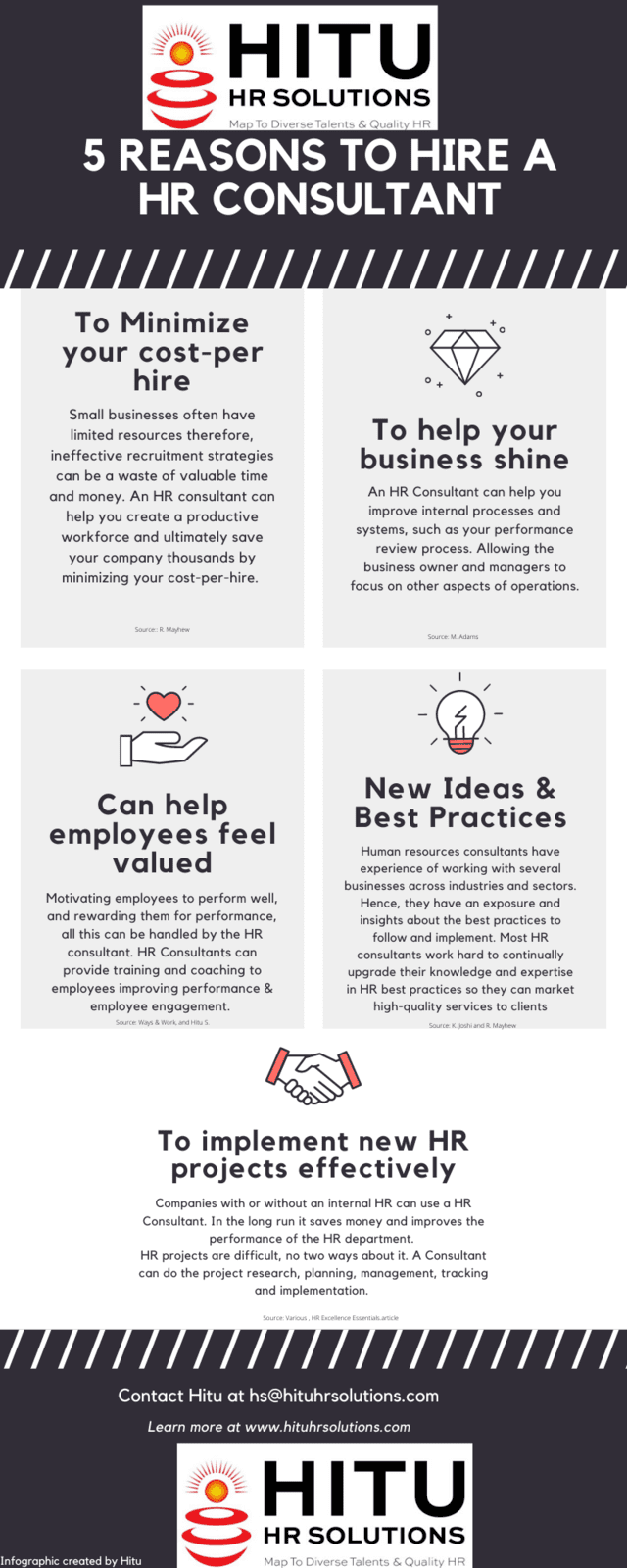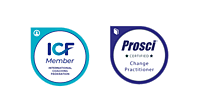
Diversity Management is becoming ever more important for organizations. It has long been an umbrella term under which various legal, social and ethical components related to discrimination and justice have found a voice. Nonetheless organizations now need to extend their outlook on diversity management as compared to other equal opportunities initiatives like Affirmative Action or other anti-discrimination legislation. This is because diversity management has the potential to uproot the source of discrimination in its various forms.
More and more organizations are devoting time, resources, and training to ensure managers and employees understand the importance of being inclusive. Managing diversity more effectively starts with the awareness of the benefits of embracing differences and this leads to eventual acceptance of these differences. It has been proven that a diverse workforce can not only lead to an increase in market share and enhance company image but can provide an edge internally through building a culture of collaboration, team work and inclusiveness.
Given that top economies are facing the challenges of an ageing population and shortage of talented labor, organizations globally have no choice but to find innovative ways to engage and retain employees of all age groups as well as, include and attract potential employees from all backgrounds. Organizations have to think of creative ways to retain older employees while making them comfortable as part of the workforce. By effectively managing age diversity and maintaining a talent pool of experienced employees organizations will be able to thrive for longer.
Managing diversity is especially important to organizations operating across borders and in countries where there is a higher percentage of minority groups who are impacted by discrimination due to their migration status and face inequality of treatment. In these situations, diversity management can not only address a business issue but a much larger sociopolitical and even a moral issue of equality and justice. Here HR can use diversity initiatives to focus on creating confidence in the organization's sense of justice and fairness which will (in some way) help in diminishing the effect of differences and biases in society as well.
Diversity is an inevitable consequence of a global economy that challenges organizations to formulate new ways to use it to their benefit. Going ahead organizations would need to get more strategic and use ingenuity in how they manage it. To achieve this a microscopic re-examination is called for even in diverse organizations. The purpose should be to understand what diversity management really means to its employees as well as to uncover what unconscious and/ or hidden biases might be at play and may not have been accounted for previously. Diversity can be present not just in the form of ethnicity, age, gender, education but also marital status and priorities. For example, organizations are realizing that the work family balance issue is not just one facing women it effects men too. The challenge for HR then is to build a culture and form policies that caters to the need of the entire organization while not ignoring individuals with specific needs (such as someone with caring duties at home or someone who is a single parent). This can be achieved only if there is more dialogue on what diversity means to different groups. The result of opening the dialogue might be the realization that (few of) the current HR policies (such as related to staffing, career management and planning, and performance management) have to be modified to keep with the altering demographics and to sufficiently meet the needs of these dynamic times.
Diversity management has mostly been about handling the issues of discrimination, injustice and inequality in employment. However, now the recognition for managing diversity in all forms has arisen. What is required now is a more innovative approach that will provide a more holistic and broad scope beyond the legal perspective. HR practitioners will have to take lead in extending diversity management plans by being active players in formulating policies and enabling organizational cultures that emphasize inclusiveness, fairness, ethical treatment and justice implied and embedded in all its policies, procedures and practices.

